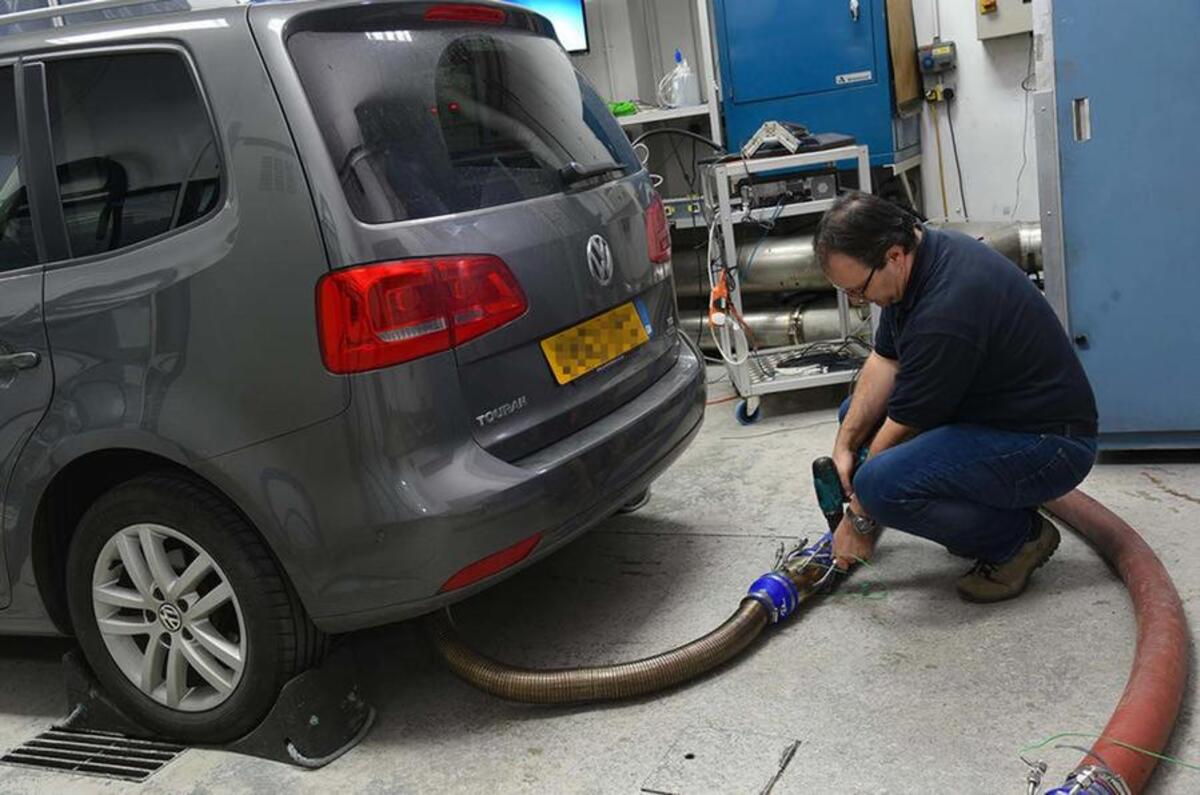The European car industry has issued a statement criticising the European Union's proposed 30% cut in CO2 emissions from cars and vans by 2030 from 2021, when a fleet average of 95g/km has already been proposed for car makers.
The European Automobile Manufacturers Association (ACEA) described the target as "aggressive when we consider the low and fragmented market penetration of alternatively powered vehicles across Europe to date".
The ACEA was warmer about the timing of the proposals, but suggested that a 20% reduction instead of 30% across the same timeframe would be "achievable at a high but acceptable cost".
The association's secretary general, Erik Jonnaert, said: "Europe needs much more investment in recharging and refuelling infrastructure, before we can expect consumers throughout the entire EU to embrace such vehicles.” He also emphasised the fact that affordability is a key factor in the development of EVs, which are vital to the proposals.
The EU's proposals bring the 2030 target down to a 66g/km fleet average as the European Commission aims to encourage more widespread adoption and investment in zero-emissions vehicles by car manufacturers.
EC vice-president for energy Maroš Šefčovič said: “Today's set of proposals is setting the conditions for European manufacturers to lead the global energy transition rather than follow others. It will entice them to manufacture the best, cleanest and most competitive cars, hence regaining consumers' trust.”
The 2021 proposals were the first part of a two-step process to reduce Europe-wide total CO2 emissions by 40%. At the time, the plans came under fire from Mercedes-Benz boss Dieter Zetsche, who added that even a 20% reduction between 2021 and 2030 would be “a steep reduction”.
The push is being presented by the EU as encouragement to develop more electric vehicles, along with the promise of supported battery production facilities and charging infrastructure. There is, however, the possibility of levies imposed on non-conforming manufacturers, with commissioner for climate action and energy Miguel Arias Cañete saying: "We need the right targets and the right incentives. With these CO2 measures for cars and vans, we are doing just that. Our targets are ambitious, cost-effective and enforceable. With the 2025 intermediary targets, we will kick-start investments. With the 2030 targets, we are giving stability and direction to keep up these investments."





Join the debate
Add your comment
sick of this!
exhaust emissions are only half of the story. 16tons - 16,000,000 grams - of co2 are created, average per car, per ford mondeo - as it sits at the end of the production line, it has all of that hanging over it. were it a zero emissions mondeo, and you'd traded in a 160g/km car for it, you'd have to drive it 62137 miles just to offset the manufacture; assuming the electric was all wind/solar/etc produced. i'm not saying that's a specifically bad car, it's just the one i can remember the figure for. if we/they're going to do this envirnmental thing properly, they need to realise that cars as we currently have them are unsuitable. an all-aluminium 2cv with leaf electronics is the sort of thing that should be being built, motorcycles should be being encouraged too.
Practical
Targets must be realistic if manufacturers are not going to waste money or charge exhorbitant prices to cover development costs. Changing a formula by "30%" of anything is a massive ask. Improvments are incremental and each time the next step becomes ever harder to achieve. Throwing a number at the media like this without any back up of how they expect that saving to be made is pretty stupid in my book.
Time for makers to pay some attention to Dyson's exhaust cleaner perhaps.
Donald Trump..
When DT disappears then you will see a much deeper understanding for electrical vehicles. It probably will speed up the process by 10 years or so. The future of e-mobility is here to stay.
ICE
And ICEs here be here also, in a much more applied way :).